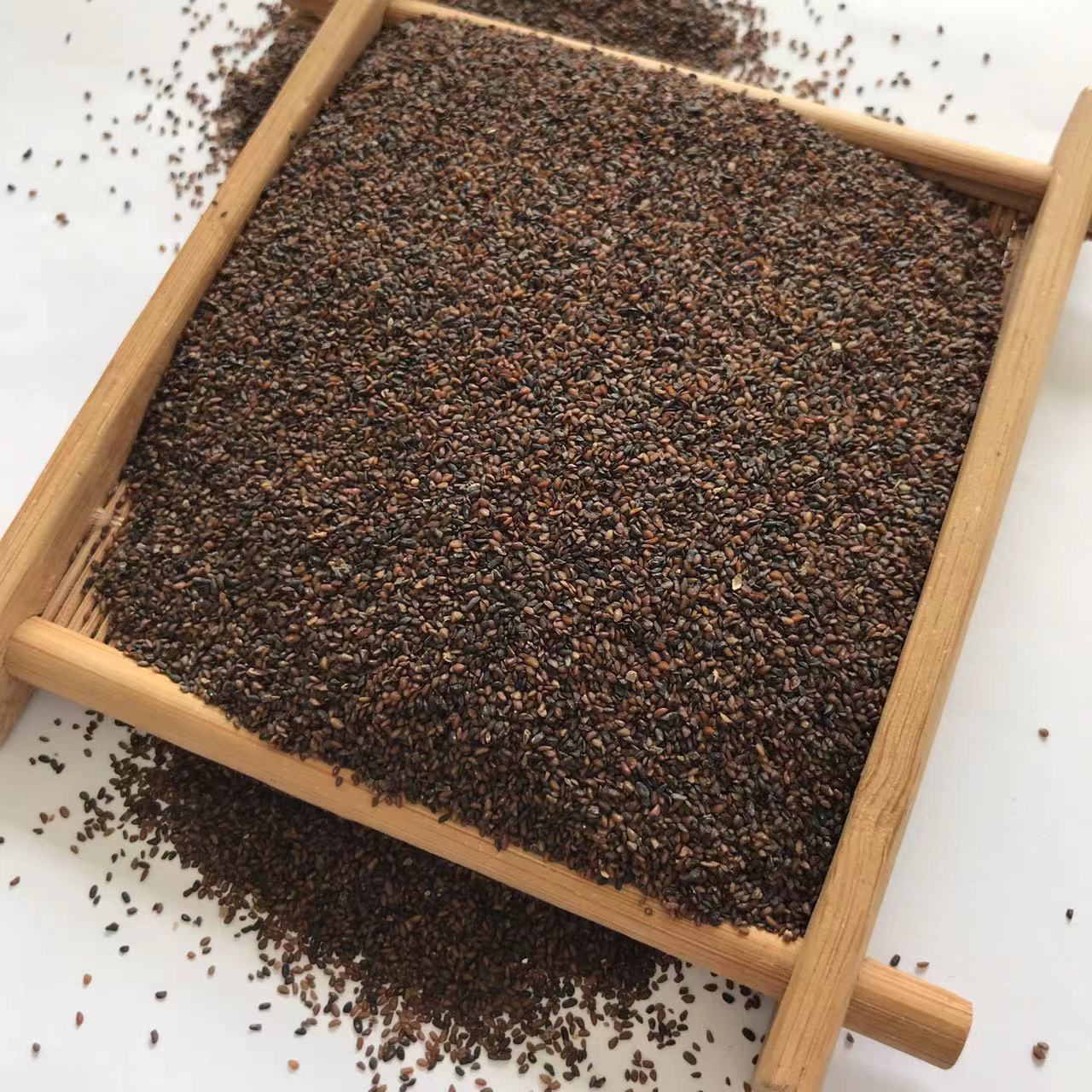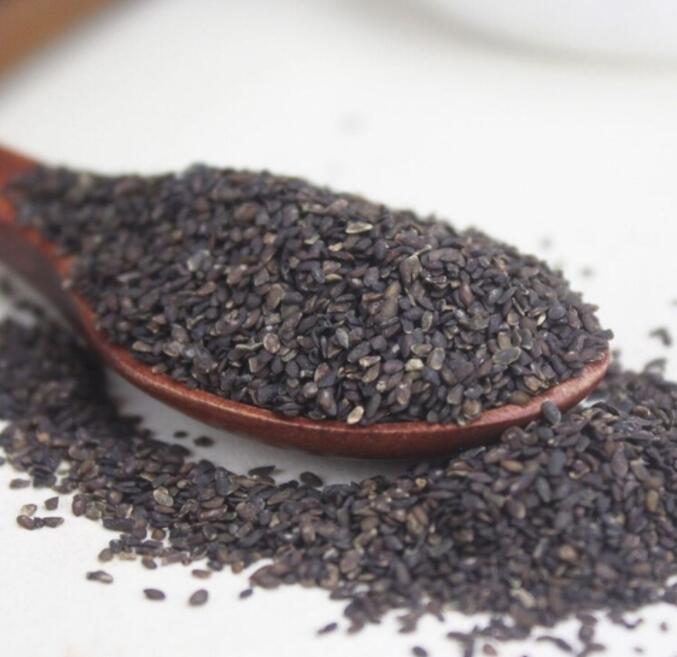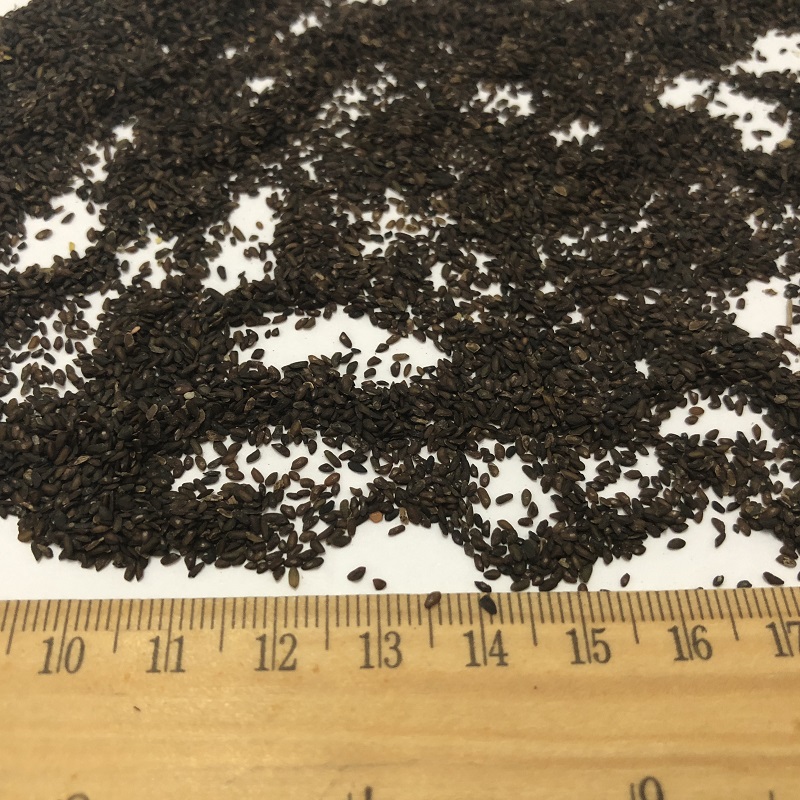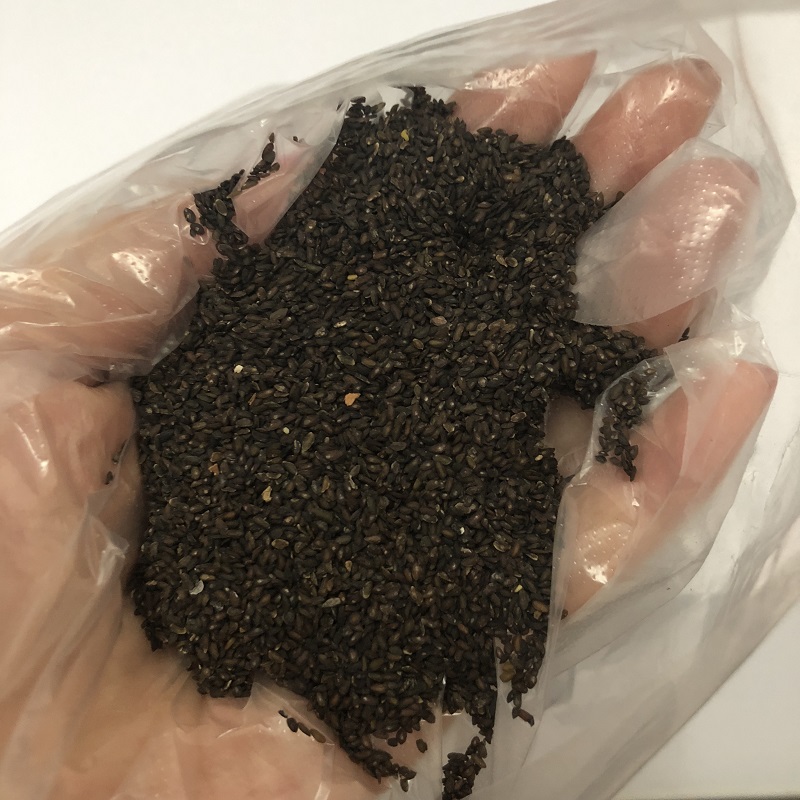
plantain seed, known scientifically as Plantago spp.,
are derived from plants belonging to the Plantaginaceae family. These small, oval-shaped seeds come from several species of the Plantago genus, with the most common ones being Plantago psyllium (used in medicine) and Plantago major or Plantago lanceolata (more commonly referred to as plantain when discussing the plant itself).
In traditional medicine, especially Ayurveda and traditional Chinese medicine (TCM), Plantago seeds are esteemed for their therapeutic properties. They are utilized for a variety of ailments, particularly digestive complaints. The seeds are known to be mucilaginous, meaning they form a slippery gel when mixed with water, which aids in alleviating constipation and other gastrointestinal issues by adding bulk to the stool and promoting bowel movements.
Psyllium husk, obtained from Plantago psyllium, is a common ingredient in over-the-counter remedies for constipation and is also used in some weight management programs due to its ability to create a sense of fullness.
Nutritionally, Plantago seeds are a good source of fiber and contain small amounts of minerals such as magnesium, potassium, and iron. They also contain antioxidant compounds and polysaccharides that may contribute to their health benefits.
It's important to note that while Plantago seeds offer potential health benefits, they can cause side effects like allergic reactions, abdominal discomfort, and gas in some individuals. Moreover, those with certain health conditions, such as colon diseases or swallowing difficulties, should use them with caution. As always, it is recommended to consult a healthcare provider before incorporating Plantago seeds into your health regimen.









